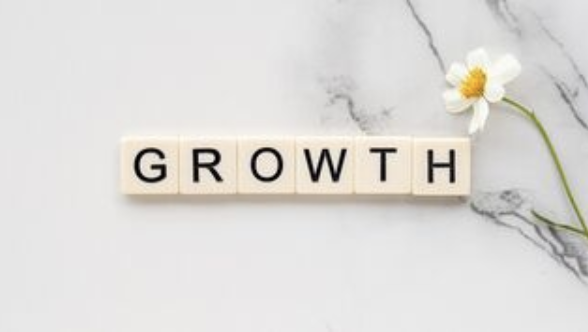Ours is a very results-oriented culture wherein we constantly compare our status and accomplishments to others. “Keeping up with the Joneses” feels like it’s written into our DNA, especially in the arena of social media. Yet a focus on attaining specific results, whether landing a particular job, losing ten pounds, or earning a specific grade, often leads to anxiety.
The anxiety can be crippling, make us risk-averse, and ultimately not as successful as we hoped to be. If you aim for a growth frame of mind instead, you’ll make gradual but steady progress in your abilities. Research shows that even in the face of roadblocks and setbacks, having a growth mindset leads to greater success than results-oriented perspectives that give in to disillusionment the moment we come up short.
Effort and evolution matter more than perfect execution. Those who have a growth mindset are more open to problem-solving. They see setbacks as challenges to overcome and invest effort into developing skills, techniques, and outlooks that will let them achieve what they desire. For example, someone with growth in mind concentrates on improving their chess technique rather than winning as many games as possible.
By contrast, individuals with fixed mindsets see any failure as a weakness. They have no patience for imperfection. They pigeonhole and then blame themselves when they invariably fail to meet their unrealistically high standards. They would rather opt for easy tasks in order to spare themselves frustration and disappointment.
How does one transition from a fixed mindset to a growth-oriented one? First, accept that you are not perfect but are able to gradually improve and progress. The second challenge is to become comfortable feeling vulnerable. When you allow yourself to acknowledge failure, you also open yourself to different ways of getting back on track. By comparison, a fixed mindset can paralyze you with a dread of failure and make you afraid to even try something new.
Cultivating a perspective for growth will happily improve your relationships and your personal well–being. At its most mature this attitude lets you enjoy the company of more capable people who know more than you do. Thus set free, you can appreciate others for who they are, not for what you can gain from them. By surrounding yourself with challenging people, you learn new perspectives and how to connect with others in an intimate and substantive way that will change you for the better.
References
Bansal, Vinita. “Fixed Mindset vs Growth Mindset: How To Shift To A Path of Learning and Growth.” Tech Tello. September 15, 2020
